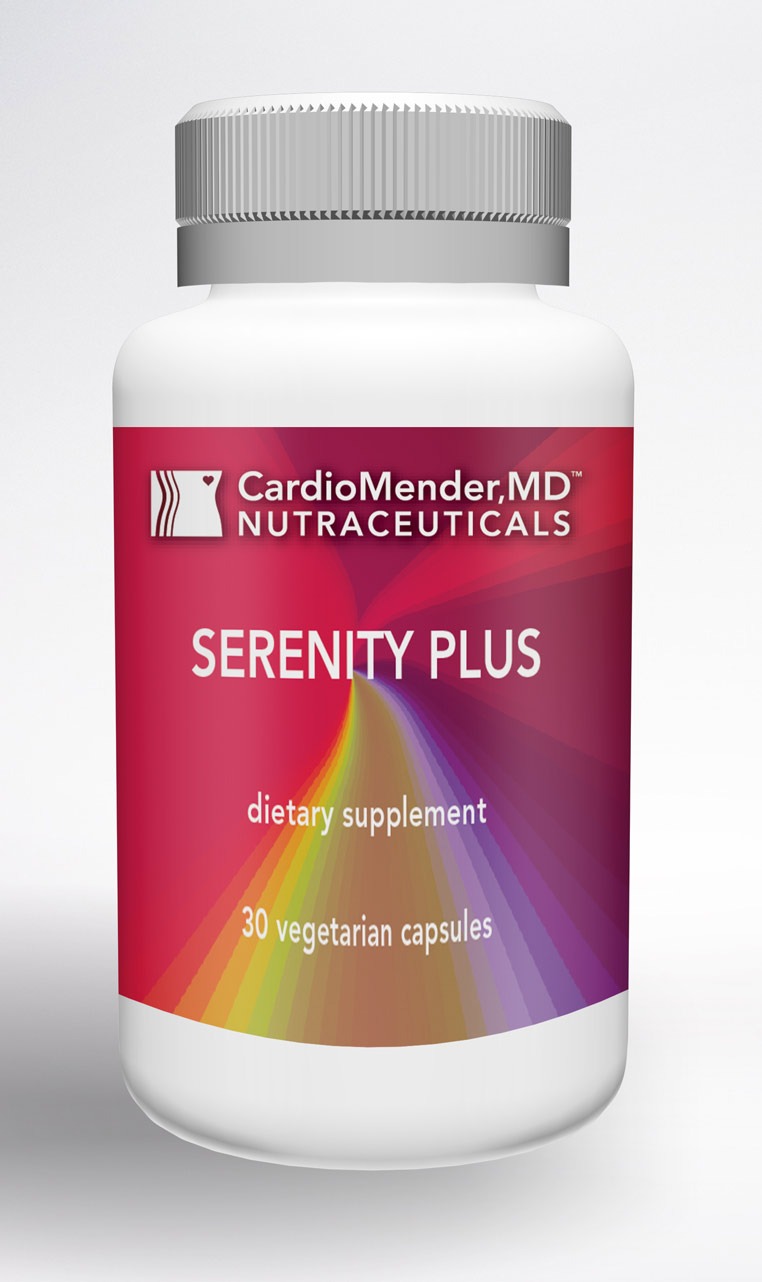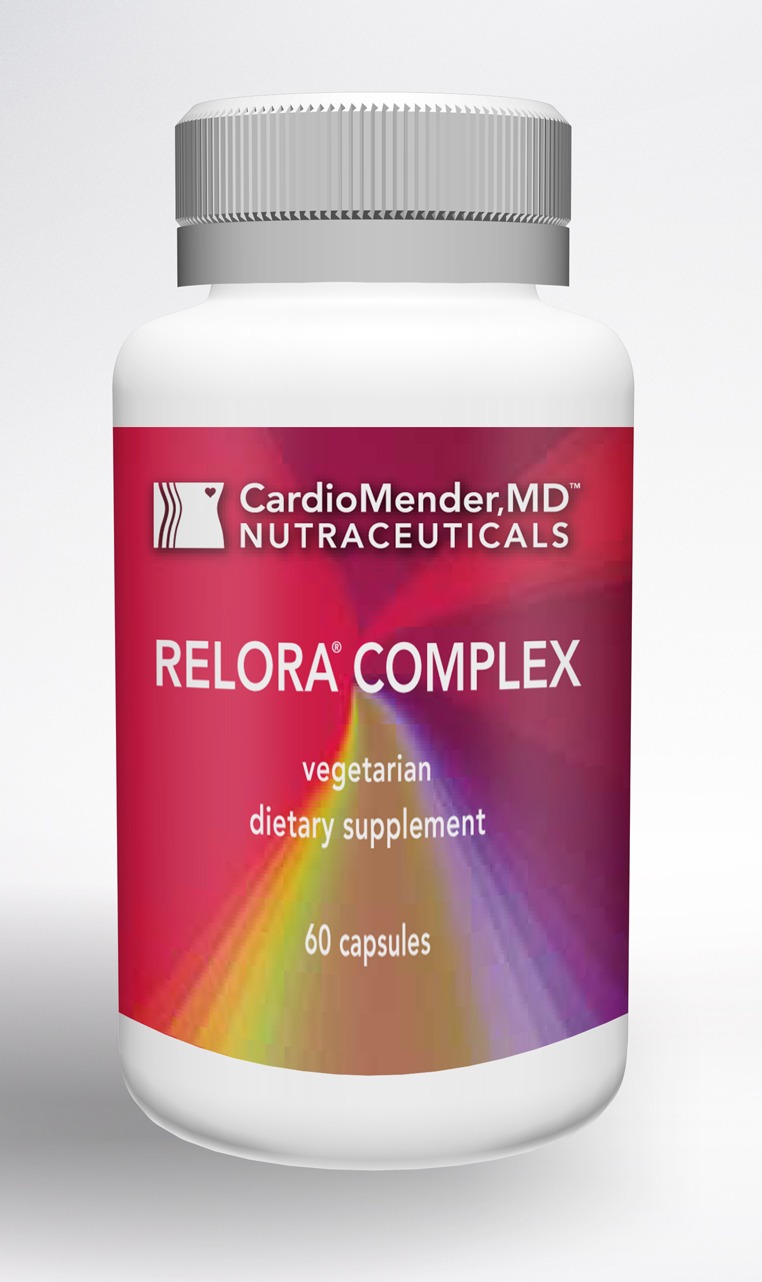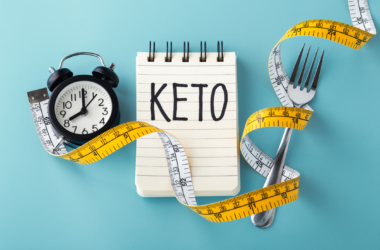There’s no doubt about it: life can be stressful. Whether you’re dealing with work or school, personal issues with family or friends, there is a lot of stress out there. As you know, stress has a lot of short term consequences. However, what you might not know is that stress also has a lot of ill effects that can cause problems down the road. That is why managing stress on a daily basis is so important to your health and wellness.
In this article, we will discuss ways to manage and deal with stress.
When Stress Becomes A Problem
First, let’s start by acknowledging the obvious: a little stress never hurt anyone. But, this adage applies to stress that isn’t experienced in large amounts, constantly, day after day. Small quantities of occasional stress can help with providing you with motivation to meet deadlines. But if it increases beyond that, the potential ramifications may be problematic.
Stress becomes a real issue when you become increasingly consumed by it and it takes over your thinking. Over time, many people can develop physical illnesses such as heart disease, arrhythmia, stroke, diabetes, and high blood pressure from stress (Mayo Clinic, 2018). Depression, anxiety and even personality disorders could also be triggered by stress (Mayo Clinic, 2018). Additionally, you might experience gastrointestinal symptoms, rash, hair loss and sexual dysfunction, as a consequence of excessive stress (Mayo Clinic, 2018). When you experience any of these, you should consider the role that stress may be playing and this may be an indicator that you need to slow down and process.
Below are some ways that you can combat stress, including every day tips, exercise and nutrition.
Avoid vices. If you drink excessive amounts of caffeine, such as energy drinks or coffee, that could be contributing to your stress. The same goes for nicotine, as both are stimulants that can increase anxiety (Funk, Ph.D., Marinelli, Ph.D., & Le, Ph.D., 2006). Alcohol is a depressant, but that mood alteration can make you sluggish and impaired, causing you to be stressed out even more when you sober up (Funk, Ph.D., Marinelli, Ph.D., & Le, Ph.D., 2006).
Get more sleep. Stress can lead to insomnia, the condition where you have difficulty falling asleep or staying asleep. Try taking natural supplements, such as melatonin, to fall asleep (Kavey, 2001). However, you can only use them for so long before they either have no effect or the opposite effect (Kavey, 2001). Try turning off your cell phone and other electronics and settling into a dark room to relax (Kavey, 2001). Not sleeping will only make things worse. So try your best to sleep, because that is the best alternative.
Time Management. To-do lists actually don’t work, according to researchers Sheena Iyengar and Barry Schwartz (and reported in the Harvard Business Review) (Markovitz, 2012). We tend to make lists and complete the short, easy stuff first, so we can get a dopamine rush for “accomplishing something” (Markovitz, 2012). The harder, more time-consuming tasks tend to languish for longer, which then increases stress as deadlines grow nearer (Markovitz, 2012). Also, there is no commitment-enforcer attached to a to-do list (Markovitz, 2012). Instead, Harvard Business Review suggests putting work into your calendar, creating a time and place that you’re going to do something (Markovitz, 2012). That is a time-specific way to complete your list, and it is more productive (Markovitz, 2012).
Exercise
Exercise is a great way to relieve stress. It doesn’t even have to be a hardcore stress relief routine; you don’t have to break your back in order to relieve stress through exercise. You can walk, do yoga or aerobics, lift weights—whatever works for you (Mayo Clinic, 2018). You should consult with your doctor for a medically-guided exercise plan that’s right for you (Mayo Clinic, 2018). Exercise improves your mood because it increases your endorphins, which are neurotransmitters in the brain that help you feel positive (Mayo Clinic, 2018). It can also relax you, almost like a physical, active form of meditation (Mayo Clinic, 2018).
Nutrition
A third, major consideration when setting up any plan is your nutrition. Nutrition can have profound effects on your health. It’s not uncommon for many to reach for ‘junk food’ when feeling stressed. Resist that urge. Instead, reach for non-processed, whole low glycemic foods possibly with lean protein and complex carbs such as fiber rich veggies (i.e. cauliflower, broccoli, cucumbers etc.) and lower glycemic fruits (i.e. apple, pear or a small orange) (Singh, 2016). Anti-stress nutrients can also come in supplement form. They can be added into your diet to help alleviate and fight stress. Supplements include certain vitamins and minerals, such as Vitamin B6, Omega 3 Fatty Acids, Magnesium, Ginseng and more, that may help alleviate stressful symptoms and bring your body and mind into a more balanced state (Tasneem Bhatia, 2019). There are a multitude of supplements that can help you achieve a more peaceful state (Tasneem Bhatia, 2019).
Stress is fairly common in our society but it doesn’t have to keep you down. As described above, there are many things that each of us can do to combat stress both in the long- and short-term. If you are unable to achieve stress relief in short order, you are not alone. Seek help promptly with a qualified healthcare professional.
We offer solutions:
References
Funk, Ph.D., D., Marinelli, Ph.D., P., & Le, Ph.D., A. D. (2006). Biological Processes Underlying Co-Use of Alcohol and Nicotine: Neuronal Mechanisms, Cross-Tolerance, and Genetic Factors. National Institute of Health .
Kavey, N. B. (2001). Stress and Insomnia. Retrieved from National Sleep Foundation: https://www.sleepfoundation.org/articles/stress-and-insomnia
Markovitz, D. (2012, 01 24). To-Do Lists Don’t Work. Retrieved from Harvard Business Review : https://hbr.org/2012/01/to-do-lists-dont-work
Mayo Clinic. (2018, 03 08). Stress Management . Retrieved from Mayo Clinic: https://www.mayoclinic.org/healthy-lifestyle/stress-management/in-depth/exercise-and-stress/art-20044469
Singh, K. (2016). Nutrient and Stress Managment . Journal of Nutrition and Food Sciences.
Tasneem Bhatia, P. (2019). Supplements to Fight Stress. Retrieved from Oz: https://www.doctoroz.com/article/supplements-fight-stress
WebMD. (2017, 07 11). What are the consequences of long-term stress? Retrieved from WebMD: https://www.webmd.com/balance/stress-management/qa/what-are-the-consequences-of-longterm-stress










